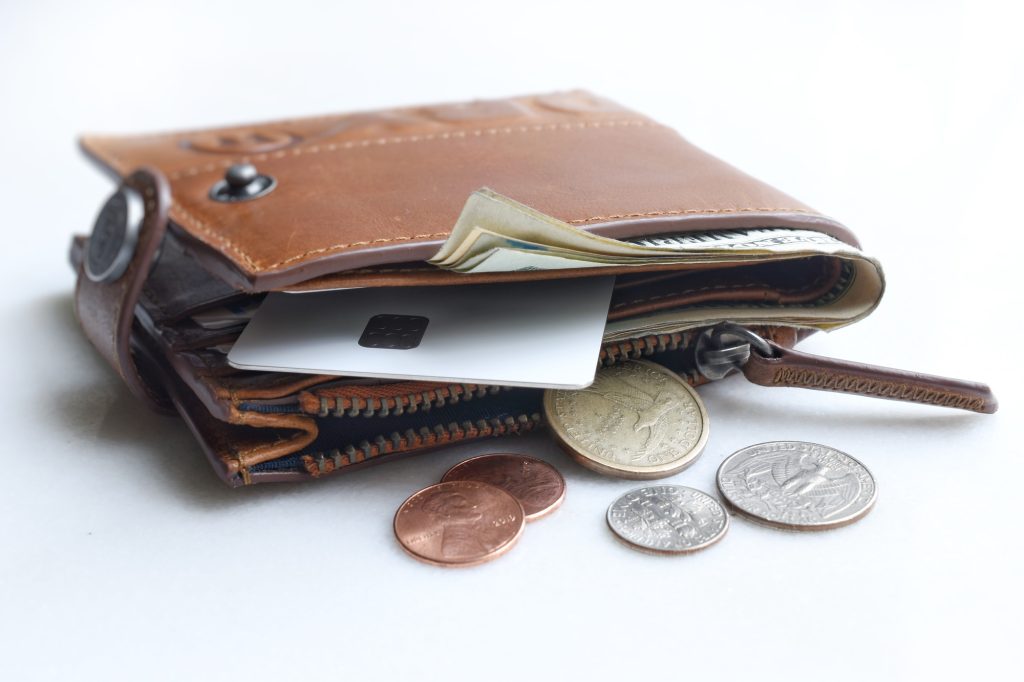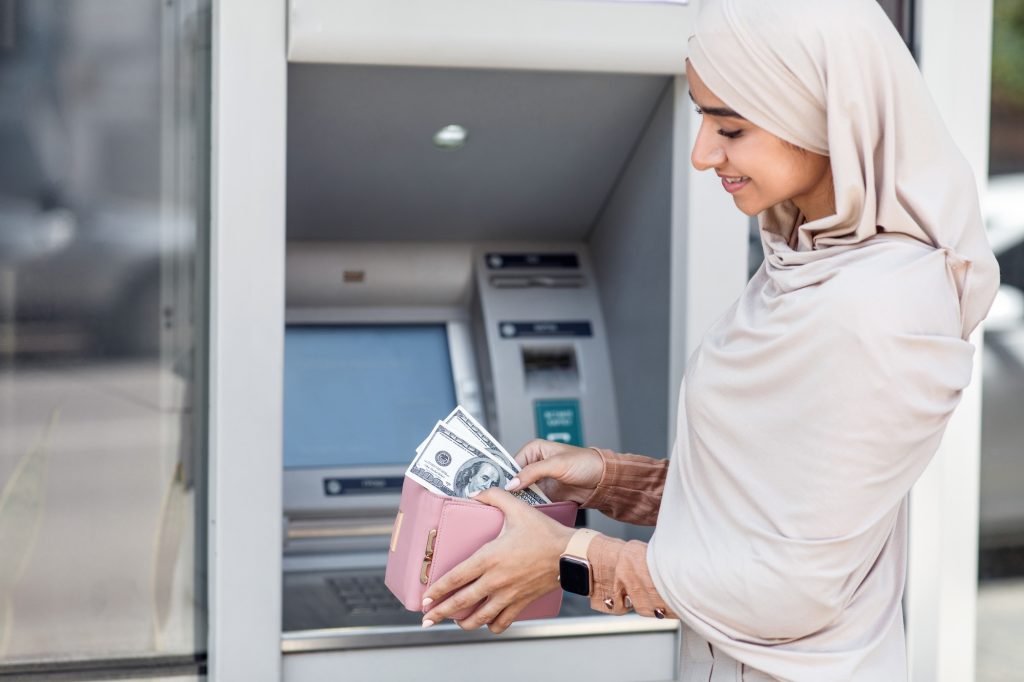Author
Published
Category
oneprobl4ckMild
August 19, 2024
Articles
Unlike traditional banks, where you can go to customer service if you forget your password or your account has been hacked, in the world of cryptocurrency, there is no centralized intermediary that can recover your funds. A wallet is protected by a private key or seed phrase (mnemonic), and if you lose it, your assets will be locked forever. Therefore, the security of your wallet is 100% your personal responsibility.
Types of portfolios:
1. Hot wallets: Connect to the internet, such as exchanges or mobile apps. Practical, but more vulnerable to hackers.
They are connected to the internet and allow you to quickly access your funds. They are ideal for frequent transactions or small daily operations.
Examples:
Advantages:
Detriments:
2. Cold Wallets:
These are physical devices that store private keys without an internet connection, making them the most secure option for storing large amounts of cryptocurrency.
Examples:
Advantages:
Detriments:


✅ Never share your private key or mnemonic phrase.
It’s like handing over your house keys or your bank card number with its PIN. No legitimate person will ever ask you for this information.
✅ Always turn on two-factor authentication (2FA).
Preferably use applications such as Google Authenticator or Authy, avoiding SMS (they are easier to intercept).
✅ Use cold wallets for large sums.
Think of them as a safe – you don’t use them every day, but that’s where you store your most valuable items.
✅ Avoid clicking on suspicious links or sharing sensitive information on social media.
Scammers can impersonate identities or create fake sites that look real. Always verify URLs and only use trusted platforms.
✅ Make secure copies of your recovery phrase.
Store them in separate, safe places, preferably out of the reach of others. Some users use physical safes or even specialized services such as fire-resistant titanium plates.